The human cost of AI doesn't matter to Microsoft
AI could be a beacon of innovation, but companies are only seeking profit.
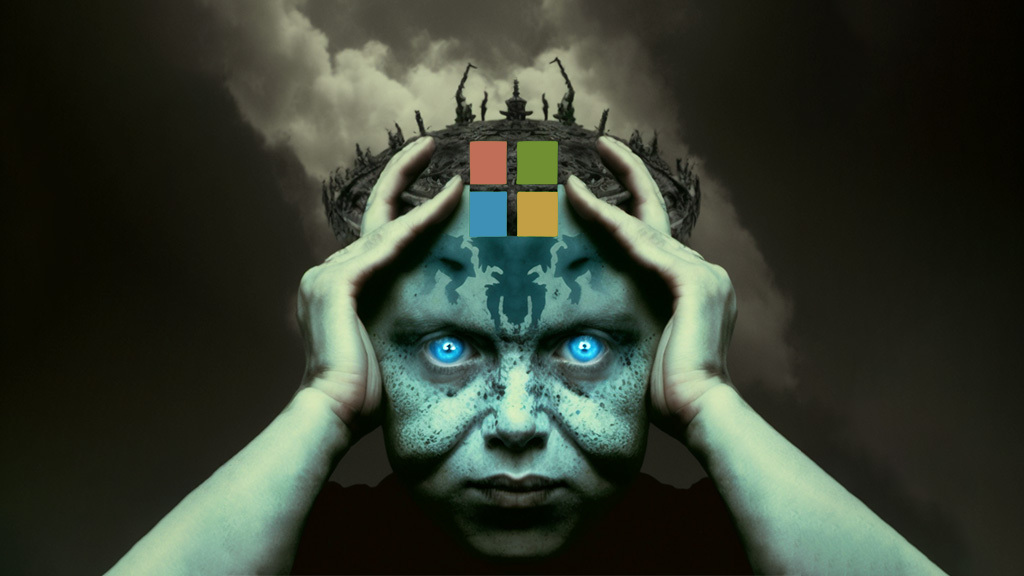
Artificial intelligence has been a topic of much dissent and debate for many years now, with continued investment in the sector leading to more advanced AI technologies. Today, AI is more mainstream than ever before, with dozens of companies looking to openly implement AI into their products. Recently, Microsoft has made huge commitments to the up-and-coming OpenAI platform, sparking a new round of continued discussion across the industry, alongside new innovations and AI-powered features.
For some, AI is even a beacon of hope for a future where the value of human life isn't directly connected to their level of productivity. It's irrefutable that AI has the potential to drastically improve human society by tackling certain tasks more quickly, freeing up resources, and generally making our lives easier. We were able to create a fancy header for this article using AI very rapidly, for example, but it comes at a cost. There's no way to know what artist had their work stolen to train the AI that generated the above composite, and that's illustrative of the problem here.
Indeed, it's important to remember that shareholder capitalism means companies like Microsoft don't necessarily care about the "best" use for AI — companies see AI as a new area to increase profits and reduce the cost of business.
The culture of profits over humans grows worse
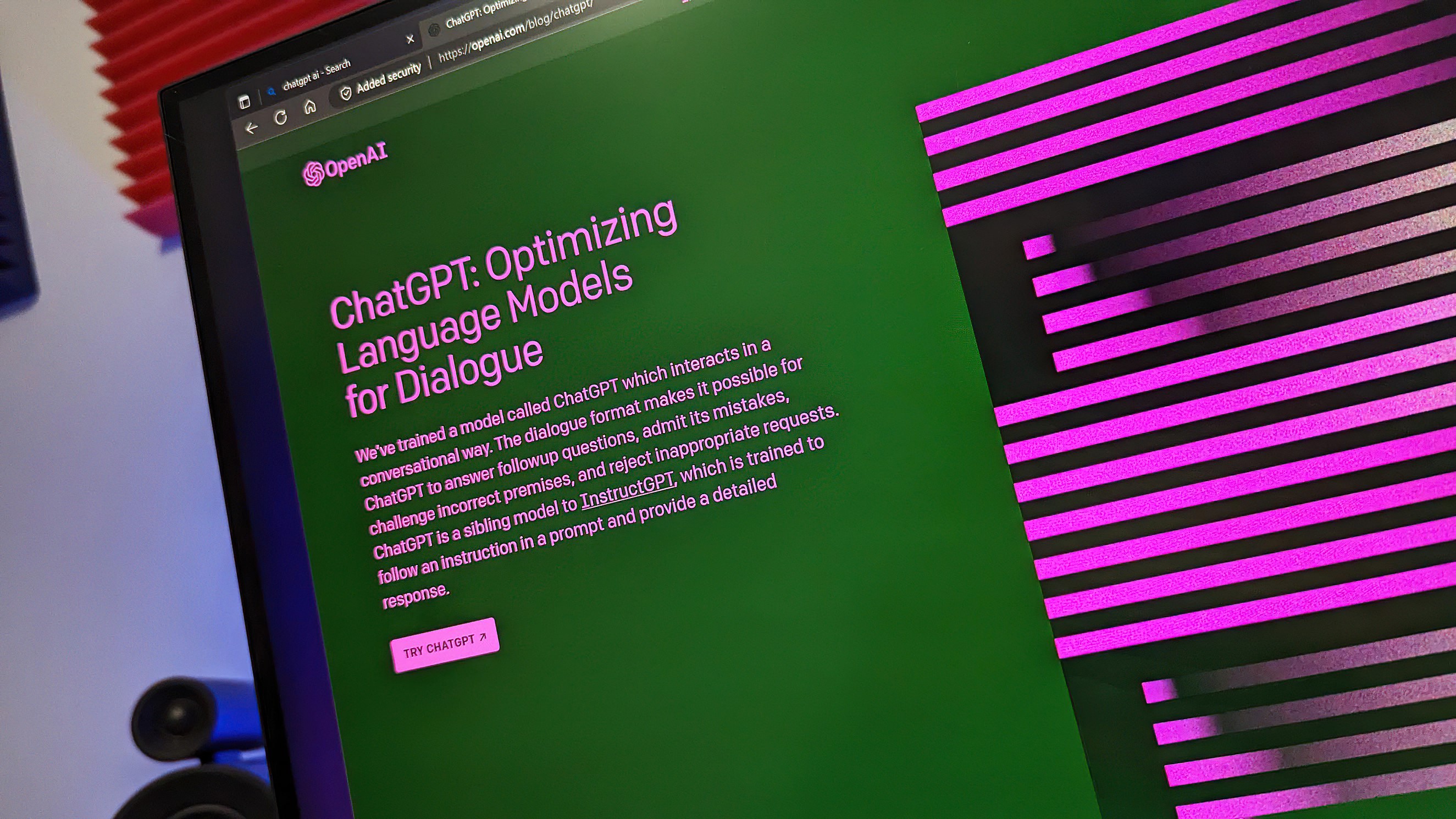
In the face of continued economic downturn and shifting global climates, companies are seeking to protect their ever-growing profits and business interests by updating their strategies, reducing business costs, and terminating jobs they deem "nonessential." This has resulted in tens of thousands of layoffs across the tech, media, and video games industries in the last few months, suddenly and aggressively displacing countless talented, individual human beings.
Many of these people sacrificed immensely to contribute to their company's success, only to be cast off unceremoniously into the maelstrom that is the current, increasingly uncertain job market. While it's easy to point at the mountains of cash these companies are sitting on and the ever-expanding executive salaries and bonuses as reasons why these companies could have afforded to save these jobs, that unfortunately misses the point of why these layoffs are happening.
It's easy to forget that companies, including Microsoft, ultimately need to serve themselves.
At the end of the day, Microsoft is a business operating in a capitalist economy. While it's great PR for people to see Microsoft as a "good guy" corporation, one that willingly invests in positive ventures like improved accessibility, human rights issues, and the fight to combat climate change, Microsoft is ultimately beholden to the perpetual search for profits and the whims of its investors. As the landscape on which Microsoft operates changes, the company's strategy for navigating it must also change — regardless of the human cost to do so.
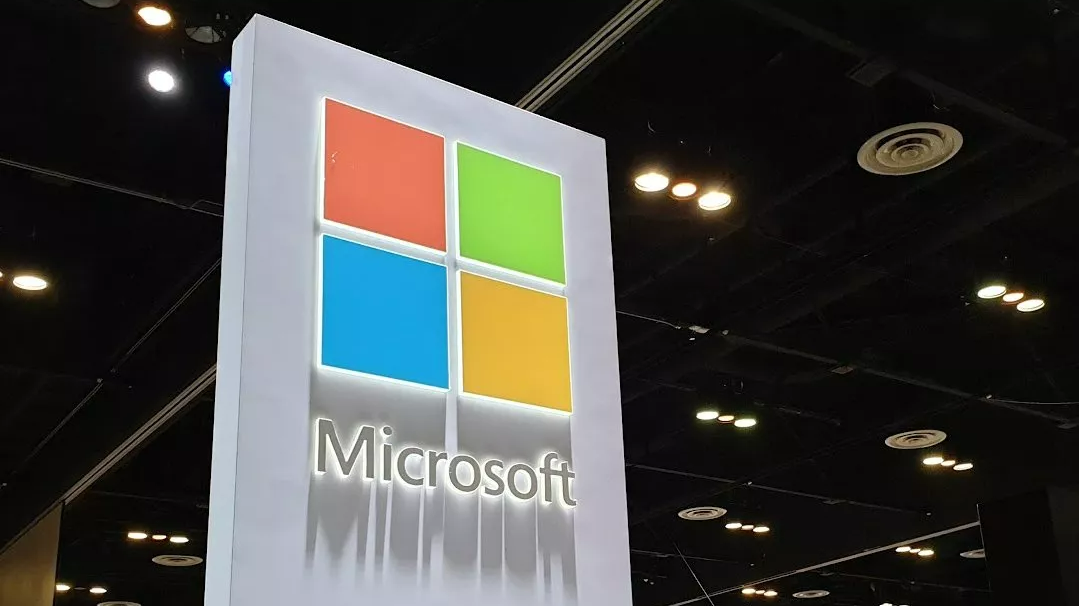
This is never more true than when we hover over the abyss of a recession, with companies doing whatever the shareholders demand to ensure that when people spend less and have less to spend, the companies are safe and so is the money that keeps them running. It matters not if the path to avoid destiny is often where we meet it; it doesn't matter that the sudden loss of tens of thousands of jobs will have yet-to-be-understood ramifications on the economy. It doesn't matter that all those people no longer have an income to invest back in the economy, and that those who narrowly avoided the bite of a pink slip have still had their sense of security stolen from them to the point where they, too, may be less willing to spend.
Get the Windows Central Newsletter
All the latest news, reviews, and guides for Windows and Xbox diehards.
One aspect of the human condition that makes us universally unique is our unerring drive to improve, to take what we have and make it better than it was. It's also an undeniable characteristic of companies that the larger they become, the less human they are. The more human cogs in the machine, the less accountability there is for the all-powerful people at the top — the shareholders, investors, and executives — who often prioritize short-term profits and immediate savings over long-term progress and healthy improvement.
Microsoft is a company, and it doesn't care what's "right" or "wrong," or what the "human" thing to do is. Microsoft invests in itself, and makes decisions for itself. We all love when those decisions align with what benefits us, but we're quick to point fingers when capitalism spins the other way as it so often does. AI isn't a saving grace — it's another advancement in human history, with just as much potential to perpetuate the deep-rooted issues with capitalism as it is to improve our lives.
AI is, and will always be, a double-edged sword
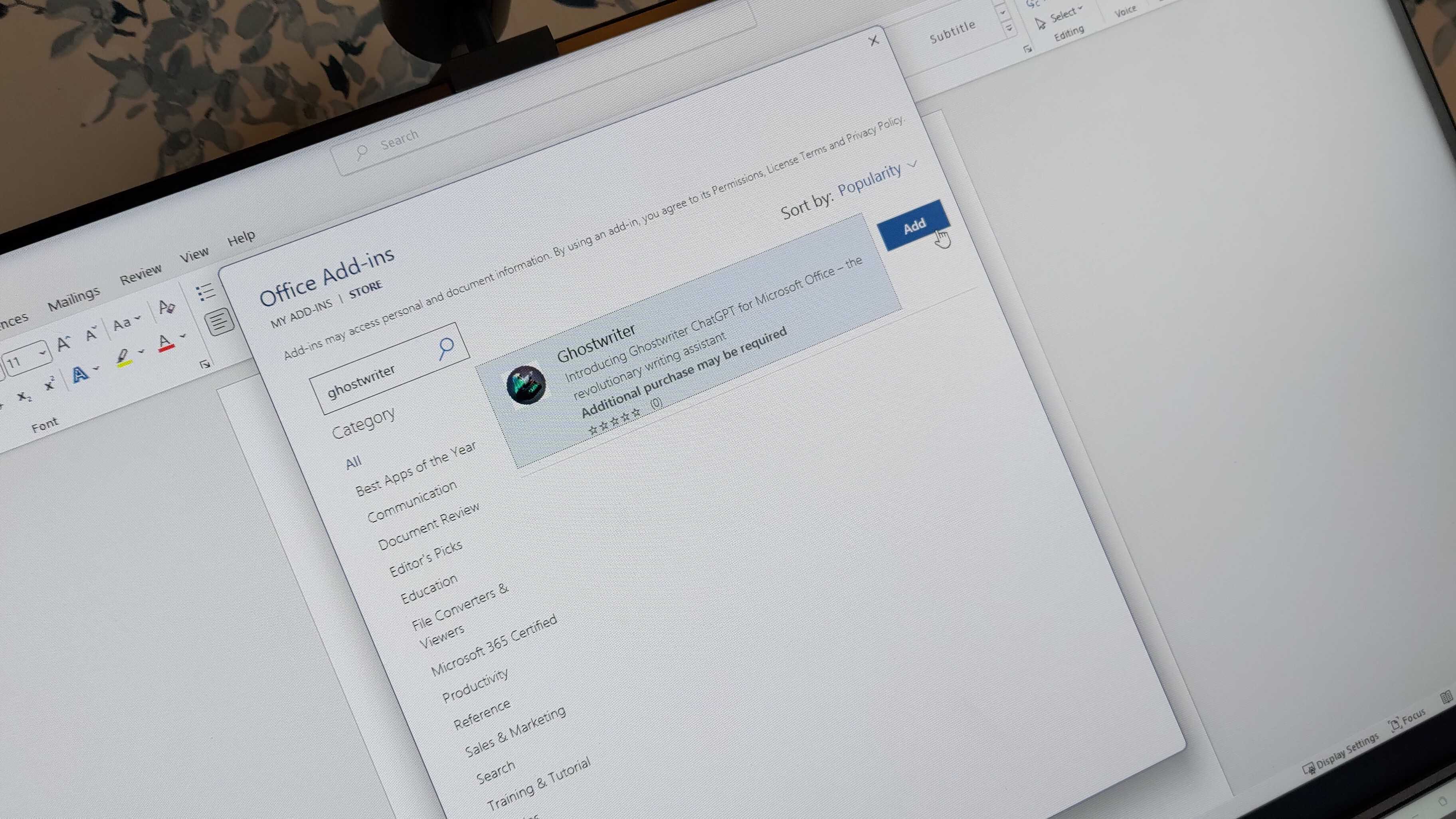
A lot of artificial intelligence in its current state is more accurately described as machine learning — a complicated program that can be fed thousands of pieces of data and use that information to establish patterns and export new data based on it. This makes AI very effective at handling highly repetitive, menial tasks that can take a human being much longer to accomplish without any benefit to quality. Consider AI being able to automatically sort and organize databases, or to filter your email inbox.
AI can also be very effective at addressing the weaknesses and limitations of hardware. Computational photography can drastically improve your smartphone's photo quality and camera features; AI can make your laptop webcam look brighter and even artificially improve your eye contact; hell, AI can even make a budget microphone sound as good as a much more premium alternative. These are all examples of ways AI can improve our experience with technology in a way that we, as consumers, simply can't on our own.
Finally, AI can be used in a more obvious fashion by making our direct interactions with software and technology more contextual and natural. Think voice assistants like Google Assistant or Amazon Alexa, which aim to handle the underlying actions of a task by responding to your voice commands. This is also the category in which Microsoft's integration of ChatGPT into its Bing search platform falls. With AI, Bing will no longer be an unresponsive database spitting out links and info according to your inputted keywords, and instead will be able to engage with you using natural language and provide relevant results based on context.
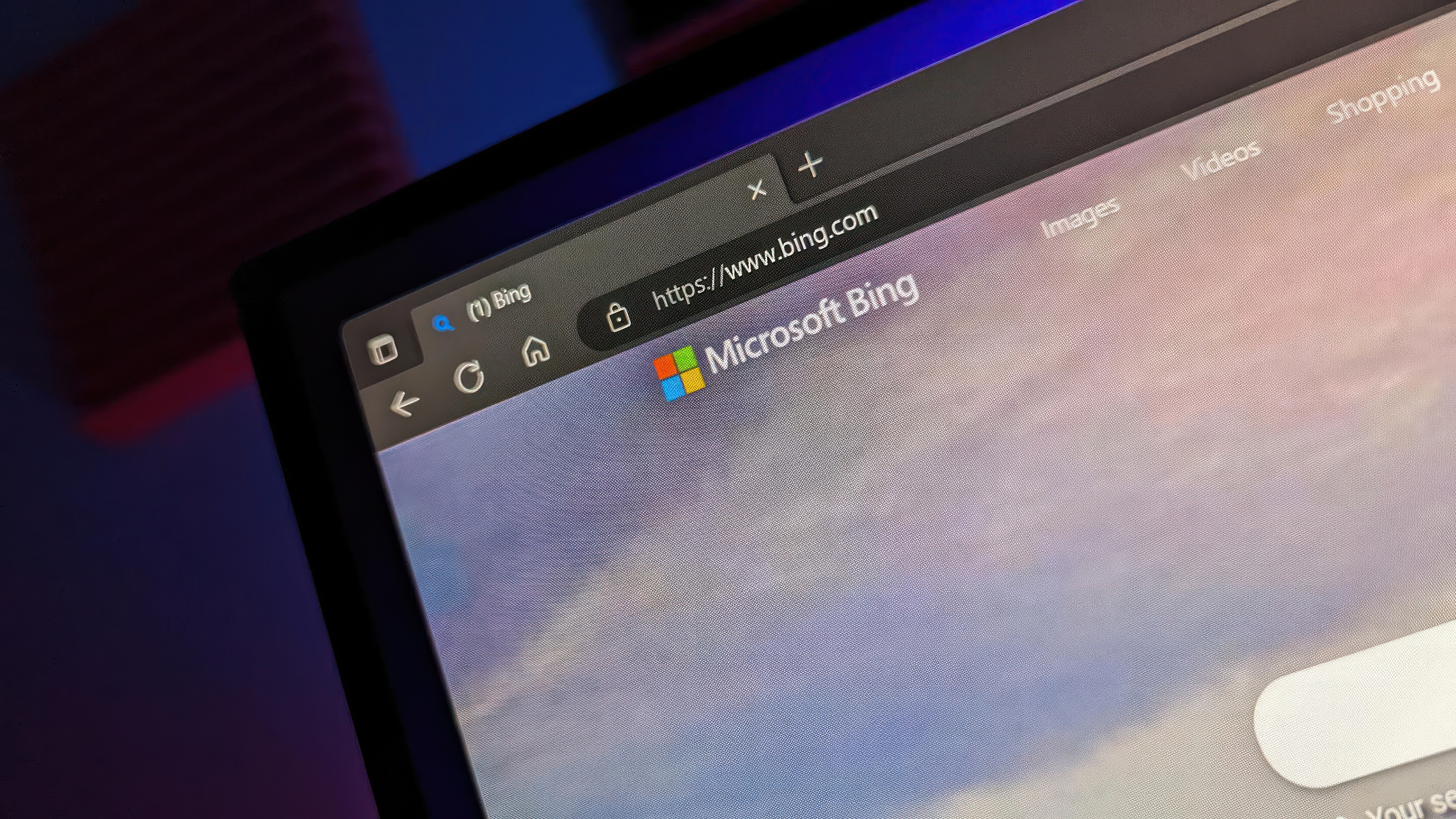
For every way that AI can be used to improve our technology, however, it can also be used to push human input out of the picture. This is especially true when companies attempt to use AI to create rather than automate, organize, modify, or present existing data and tasks. AI art and text generators like DALL-E and ChatGPT have been mired in controversy because they create by drawing from their vast banks of existing art and text, which is often used without the express consent or knowledge of the original human creator.
The result are pictures and written texts that often closely resemble existing work or even directly plagiarize its source. Even aside from the expected errors and mistakes that come from AI — modern AI simply isn't as effective at understanding context and subtle detail as a human — AI creations settle in a massive grey area of originality and ownership. It can be argued that all humans create by observing the work of other humans, which is true, but there is no uncertainty with AI; everything an AI creates is drawn directly from what it has been fed. And, once an AI creates something, who owns it? The original artists from which the new creation is based, the owner of the AI, the person who programmed it?
AI can be used to reduce human input and expense, but at what cost?
At the end of the day, AI is appealing to companies because it can create endlessly with little to no input or added cost, and the moral and ethical uncertainties surrounding using AI to create makes it easy for companies to experiment with it — Even at the expense of the humans who would normally be tasked with the art of creation. We've already seen it in action, with media publications landing in hot water because their AI-generated posts are rife with errors and plagiarized content created by a context-unaware AI with next to no human oversight.
AI is, and always will be, a double-edged sword. On one hand, we have its potential to eliminate time and resource-intensive tasks, freeing up humans to create and live more than ever before. On the other hand, we have the potential for companies to use AI to replace humans as creators, without changing or improving the system that currently requires all humans to produce in order to live. Somewhere in the middle, we have the countless tiny ways in which AI can improve our technology and hardware and make our lives just a little bit easier.
Capitalism and AI could be a mutually destructive combination
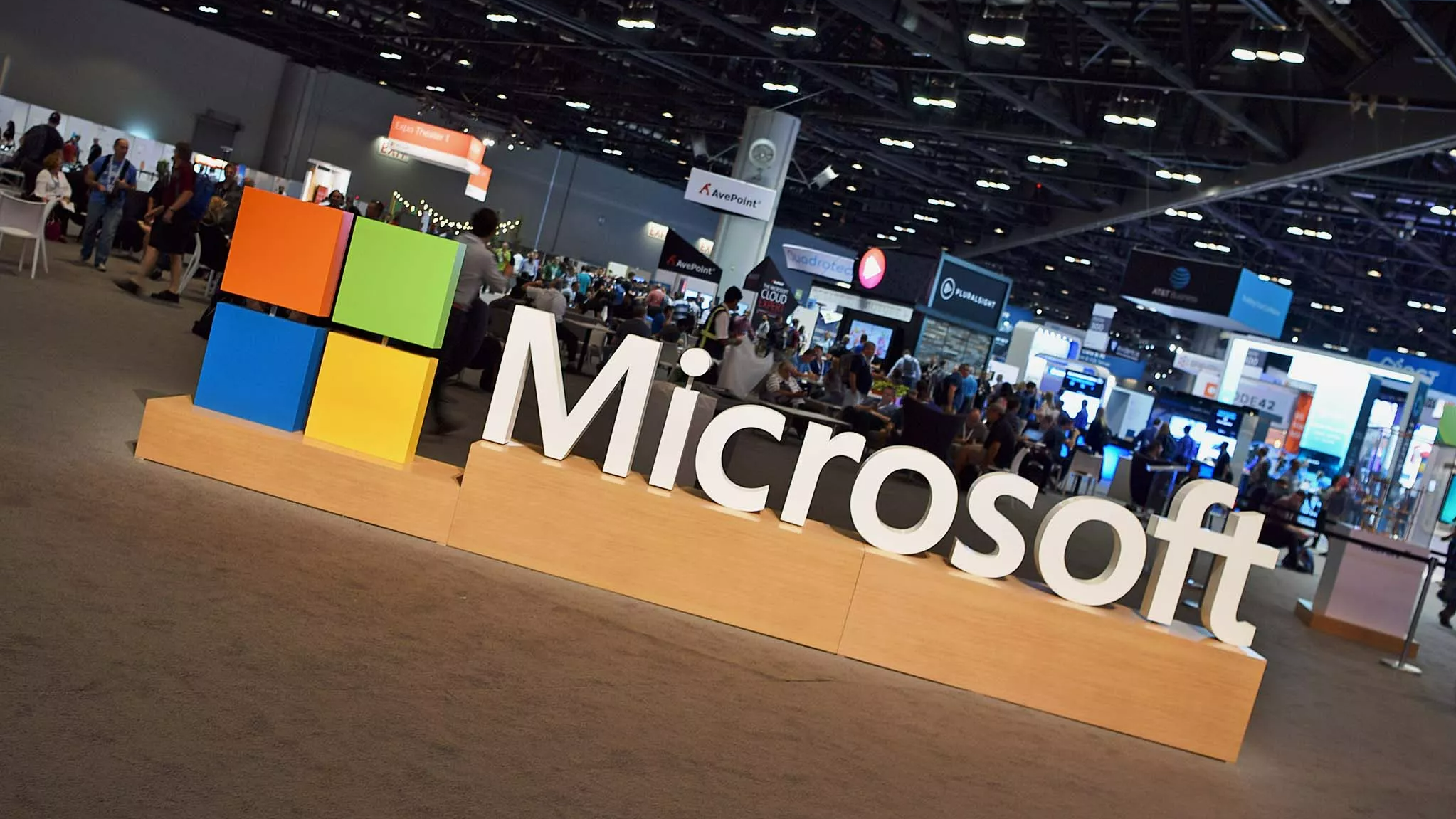
Recent months have seen a massive uptick in the use of "AI" as both a marketing term and as a descriptive notation for new, innovative products. OpenAI is rapidly gaining traction in the expanding AI industry for its impressive ChatGPT product, to the point where Microsoft is investing billions in the company's future. To put it simply, we're currently lingering at the threshold beyond which AI transitions from an aspirational glance at the future and a corporate party trick into a genuine, very real part of our everyday lives.
Ten years from now, when AI has dramatically altered how we interact with the world and the technology that powers it, we may look back at this period as the turning point for it all. We may also look back at this point as the moment when we either failed to regulate the ways in which companies can use AI, or succeeded at ensuring that humans aren't left behind in favor of a database of impersonal lines of code.
Microsoft has already announced its intention to integrate AI into every Microsoft product, which could range from being genuinely useful to consumers and employees to being questionable in purpose or even actively detrimental. Whatever the result, we can't afford to ignore the very real human cost of artificial intelligence — the human cost of which we've already seen examples. When the people who create, curate, and moderate the AI are underpaid and suffering, and companies can use that AI to reduce their reliance on human labor, who's really benefiting but the companies hiring fewer people and paying their existing workers less?
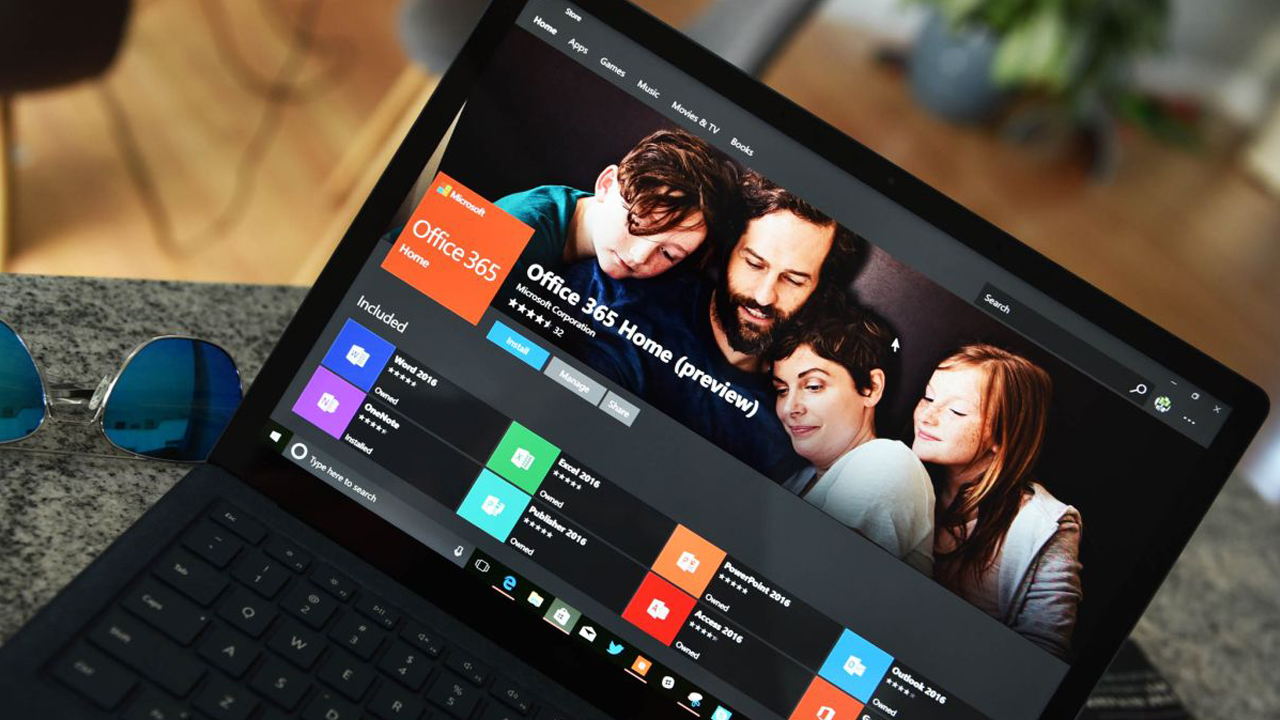
AI should be a tool to help humanity seek new levels of creativity and quality, not a shortcut for companies to strip away the human touch just to make things faster and cheaper. There's no viable future where the capitalist world is populated solely by executives, shareholders, and the people who create and manage AI, while the rest of us are left to fight over the scraps. Don't use AI to replace your journalists, your writers, your artists, your developers and programmers, your engineers and architects; don't use AI to create when creativity is a core pillar of the human experience.
AI should be a tool to help humanity be more creative than ever, not a shortcut for companies.
AI has the potential to allow humans to fully embrace their creative sides and live life to the fullest, but in the hands of impersonal capitalist companies has the potential to become a self-destructive combination. The moment we accept that companies can use AI to replace human beings without offering a way for those shirked humans to continue providing for themselves and their family is the moment we have failed as a society.
I am optimistic about the potential of artificial intelligence and machine learning as an emerging technology; I am less optimistic about placing my faith in companies that thrive under a system that actively suppresses human creativity in favor of the mindless chase for profits. Microsoft at least is attempting to be transparent and open about its attempts to develop AI technologies responsibly and ethically, both in its creation and use; still, Microsoft is one company involved in AI, and we more or less have to trust just its word. The next few years are going to be undoubtedly exciting, if just a little bit terrifying, because of AI.

Zachary Boddy (They / Them) is a Staff Writer for Windows Central, primarily focused on covering the latest news in tech and gaming, the best Xbox and PC games, and the most interesting Windows and Xbox hardware. They have been gaming and writing for most of their life starting with the original Xbox, and started out as a freelancer for Windows Central and its sister sites in 2019. Now a full-fledged Staff Writer, Zachary has expanded from only writing about all things Minecraft to covering practically everything on which Windows Central is an expert, especially when it comes to Microsoft. You can find Zachary on Twitter @BoddyZachary.
